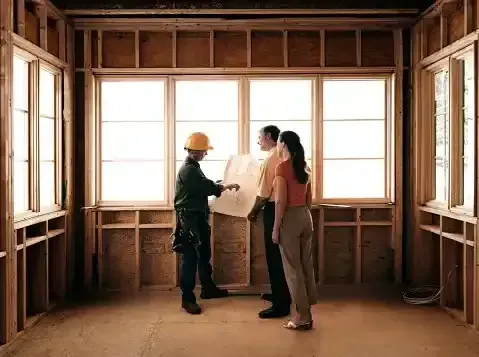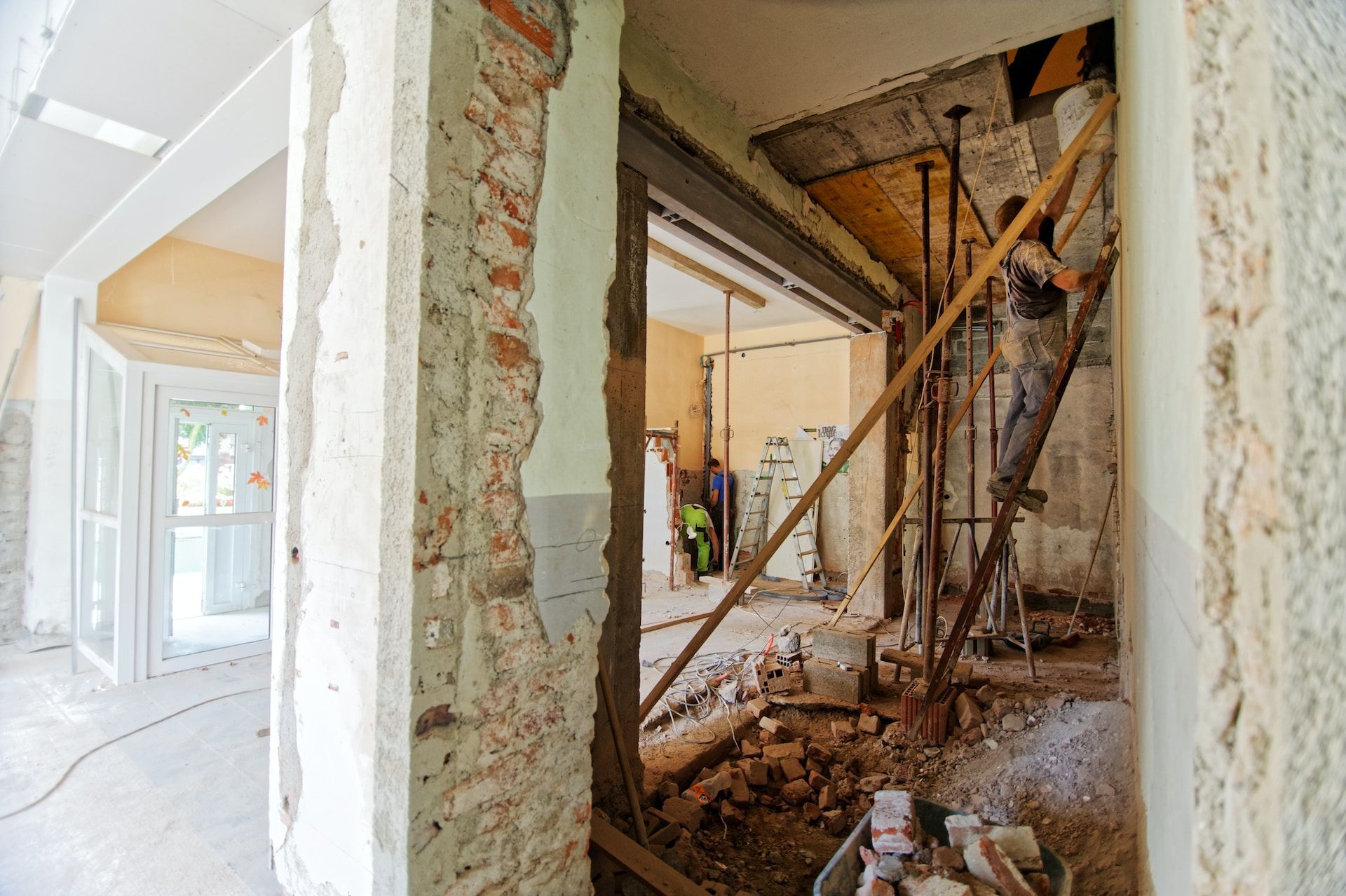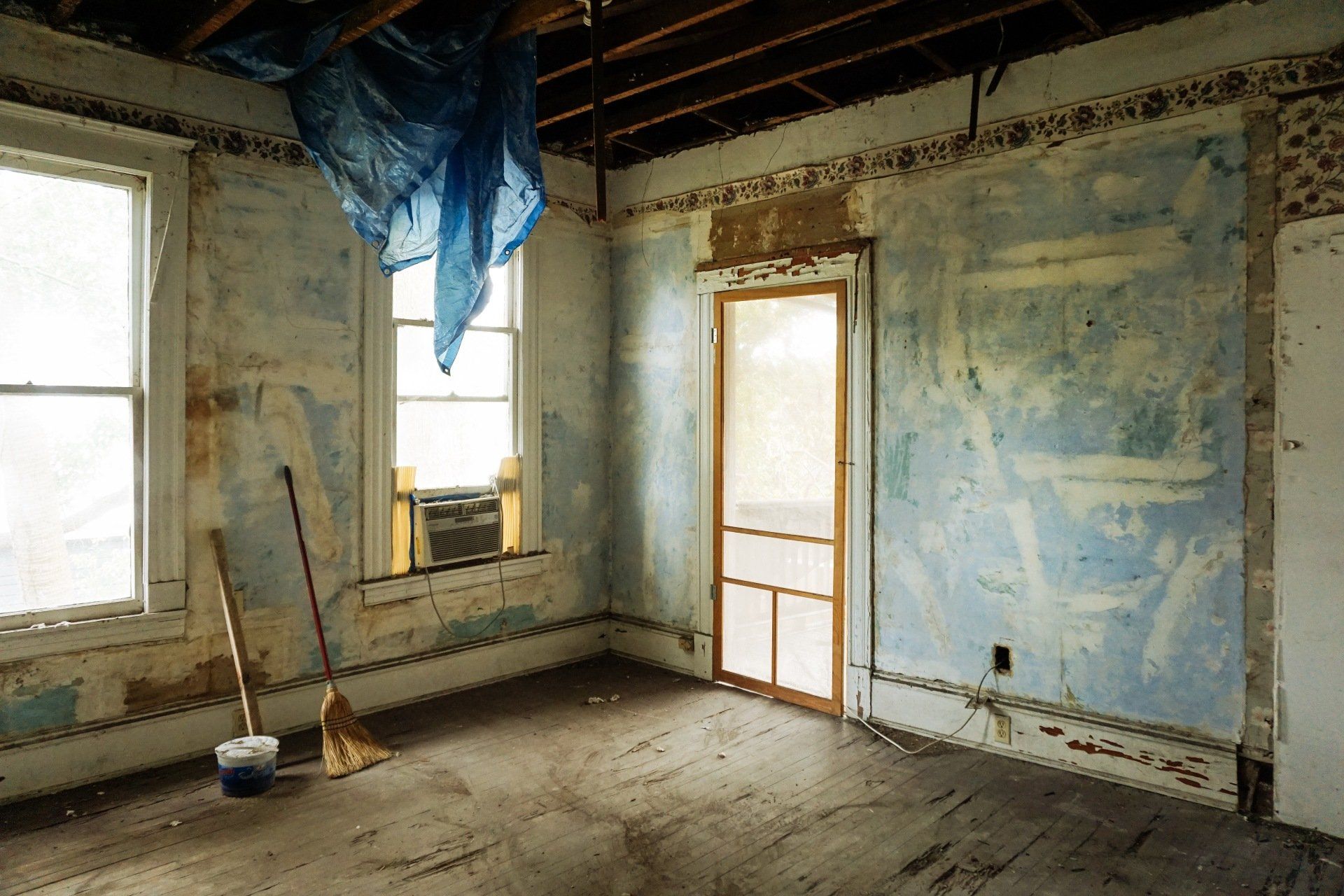10 Essential Questions to Ask Your General Contractor
Building a construction project is a significant undertaking that requires careful planning and execution. Finding the right general contractor who can effectively manage your project is crucial to its success. To ensure a smooth and successful collaboration, it's important to ask the right questions before hiring a general contractor. In this article, we will discuss the top 10 essential questions you should ask your general contractor to make an informed decision and ensure a successful construction project.

1. What is the structure of your company?
Before entrusting your project to a general contractor, it's important to understand the structure of their company. Ask about the ownership of the business and who is responsible for overseeing the various tasks. This will give you an idea of how the contractor manages projects, handles paperwork, and provides top-quality service. Inquire about the company's history to gain insights into their experience, strengths, and work routine.
2. Do you have prior experience with this type of project?
Ensure that the general contractor you are considering has relevant experience with projects similar to yours. Ask for examples of similar projects they have completed in the past. This will help you assess their expertise and determine if they are the right fit for your project. Some contractors specialize in specific types of projects, such as small-scale renovations or large-scale building projects. Choosing a contractor with experience in your specific project type will increase the chances of a successful outcome.
3. How do you manage scheduling?
Effective scheduling is crucial for the timely completion of your project. Inquire about the scheduling tools and methods used by the general contractor. Look for contractors who utilize digital solutions that enable real-time communication and collaboration between project parties. It's also important to know if there are any other projects scheduled to begin immediately after yours, as this can impact the task sequence and timeline of your project. The more information you have about project scheduling, the better you can plan and coordinate with other stakeholders.
4. Can you provide a detailed timeline?
A clear and realistic timeline is essential for proper project planning. Request a detailed timeline from the general contractor that outlines the key milestones and estimated completion dates. This will help you align your own schedule and make necessary arrangements, such as procuring materials. Address the issue of potential delays from the beginning and establish a plan for addressing them effectively. A well-planned timeline will ensure a smoother construction process and minimize unexpected disruptions.
5. Who will be my main contact person during the project?
Communication is key in any construction project. Assigning clear roles and responsibilities is crucial to ensure effective communication and coordination. Request that a specific contact person be designated for you throughout the construction process. This person will serve as your main point of contact and provide regular updates on the project's progress. Look for a general contractor who embraces open communication and invests in digital tools for seamless collaboration between the site, office, and client.
6. How is site supervision handled?
Knowing who will be working on-site and how the site will be supervised is essential for a successful construction project. Inquire about the subcontractors the general contractor plans to work with and their level of supervision. Ensure that all individuals present on-site are properly licensed, insured, and covered in terms of payroll. Discuss the amount of time the general contractor intends to spend on-site and the safety measures they will implement to protect your property.
7. Are there any specific requirements or concerns I should address?
Before the project begins, it's important to address any specific requirements or concerns you may have. This is the time to ask difficult questions and discuss any alterations or modifications to the project plan. Clearly communicate your expectations and preferences regarding your involvement in the project. If you have specific material requirements or if you want to complete a portion of the project yourself, make sure to discuss it with the general contractor. Open and honest communication will help establish a clear understanding and avoid costly delays and misunderstandings.
8. How are disputes handled?
Construction projects can sometimes lead to disputes, so it's important to establish a plan for dispute resolution before starting the project. Discuss with the general contractor how they handle disputes and what measures they have in place to resolve issues. A well-written and thorough contract can help protect both parties from costly disagreements. Address topics such as additional changes, project delays, service warranties, and materials to minimize the risk of disputes arising during the construction process.
9. What is the payment structure and schedule?
Clarify the payment structure and schedule with the general contractor before starting the project. Discuss the amount and timing of payments, as well as any upfront deposits or retainers required. It's important to ensure that the payment terms align with your financial capabilities and that they are clearly outlined in the contract. Understanding the payment structure will help you plan your budget and avoid any financial surprises during the construction process.
10. Can we put everything in writing?
To ensure clarity and avoid misunderstandings, it's crucial to have all agreements and arrangements documented in a written contract. Request a comprehensive contract that clearly outlines the project's requirements, specifications, deadlines, and payment terms. Carefully review the contract and seek clarification on any unclear or ambiguous clauses. A well-written contract will serve as a safety net, protecting both parties and ensuring the smooth execution of the project.
Conclusion
Finding the right general contractor for your construction project is essential for its success. By asking the right questions, you can gain valuable insights into the contractor's experience, communication style, and approach to project management. Use the 10 essential questions outlined in this article to guide your discussions and make an informed decision. Remember, clear communication, thorough planning, and a well-documented contract are key to a successful construction project.
For reliable and high-quality construction services in Maryland, consider T&L Construction. With years of experience and a commitment to customer satisfaction, T&L Construction is the top general contractor in the area. Contact us today to discuss your project requirements and receive a personalized quote.
You might also like
Home Improvement Inspiration & Insights




